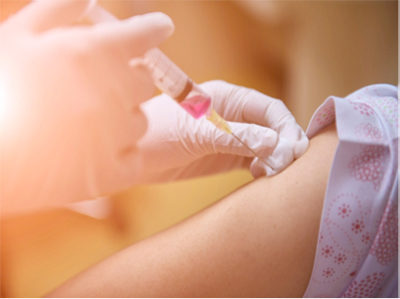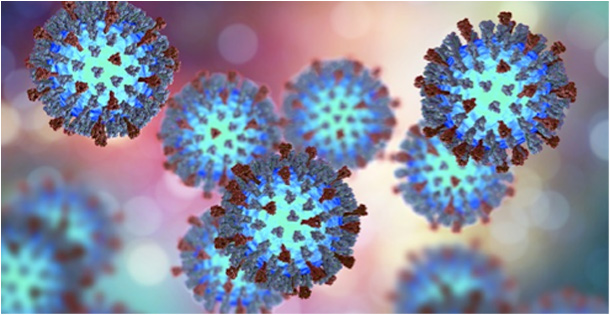“Your Weekly Checkup” is our online column by Dr. Douglas Zipes, an internationally acclaimed cardiologist, professor, author, inventor, and authority on pacing and electrophysiology. Dr. Zipes is also a contributor to The Saturday Evening Post print magazine. Subscribe to receive thoughtful articles, new fiction, health and wellness advice, and gems from our archive.
Order Dr. Zipes’ new book, Damn the Naysayers: A Doctor’s Memoir.
In 1796, Edward Jenner, the English country doctor often credited with saving more lives than any other person on this planet, initiated the concept of vaccination. He inoculated eight-year-old James Phipps, the son of his gardener, with pus from cowpox blisters on the hands of Sarah Nelmes, a milkmaid infected with cowpox from the udder of a cow called Blossom. Jenner then showed that the cowpox inoculation immunized Phipps against contracting smallpox.
While the adoption of vaccination remains strong in the United States, with less than 1 percent of toddlers not receiving any vaccines, trust in vaccinations appears to be declining, especially in small pockets of people living in insular communities. This puts under-vaccinated children at risk for contracting preventable diseases. The percentage of American adults who say it’s “very important” to have their children vaccinated has fallen, as has the percentage of Americans who strongly believe they have benefited from the development of vaccines over the past 50 years.
Medical quacks and charlatans with no medical knowledge disseminate misinformation to convince others that vaccines are bad or ineffective. The reality is that vaccination, along with the discovery of antibiotics, is one of the major public health success stories in the history of medicine. Despite this, the incidence of vaccine-preventable diseases such as whooping cough and measles, after falling to all-time lows, has begun to increase. This finding is troubling because vaccines work not only by inoculating individuals from contracting a disease but also by creating “herd immunity.” When more than 80% to 90% of a population is vaccinated, chains of infection are likely to be disrupted, stopping or slowing the spread of disease, which protects those few not vaccinated.

In 1998, Wakefield et al. published an article in the prestigious journal, Lancet, linking the measles, mumps, and rubella (MMR) vaccine to a new syndrome of autism and bowel disease. By the time the paper was retracted 12 years later due to flawed ethical and scientific standards, and claims of outright fraud, the damage had been done. Vaccination rates in the United Kingdom fell to 80% in 2003-2004 and are still below the level recommended to ensure herd immunity. In 2008, for the first time in 14 years, measles was declared endemic in England and Wales, with hundreds of thousands of children in the UK currently unprotected. Since 1998, multiple studies have provided strong evidence against the notion that MMR vaccination causes autism, reassuring concerned parents.
Lower rates of vaccination around the world is a primary cause of outbreaks among Americans, as under-vaccinated Americans may become infected while visiting places with weaker herd immunity and carry the virus back to the U.S. International travel also provides the opportunity for infected individuals to come in contact with susceptible Americans.
Readers, take note. Even when the vaccine is not 100% effective, as I wrote in a previous column about the flu vaccine, having some protection is better than none. Do not avoid taking advantage of this fundamental medical advance proven to save lives.
Become a Saturday Evening Post member and enjoy unlimited access. Subscribe now




Comments
I’m sorry, but there is wide-spread mis-information in your article about vaccination. Neither side has all the weight of undeniable truth, but there is enough medical and word-of-mouth evidence of problems with vaccine production practices to make me back off on most all of the vaccinations that are PUSHED by the medical establishment. And when you add young kid vaccination overload practices to the mix, it’s no wonder their little bodies rebel with immune system problems later on. Thanks, but I decline to put the stuff like that into my system.
Also please stop my subscription to the POST immediately. Your outlook on things (some at least) are very skewed to the ultra-liberal.